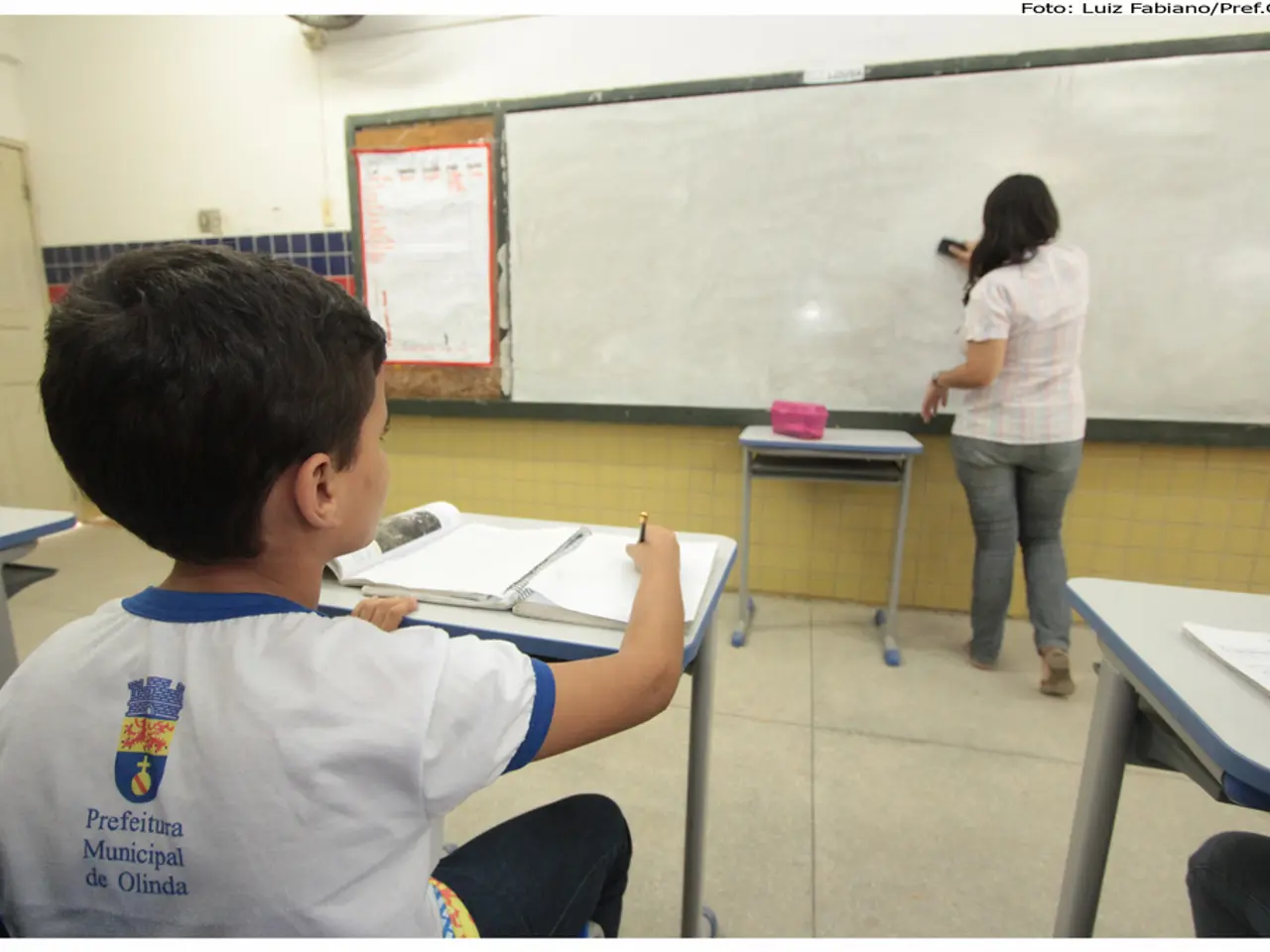Zabaykalsky Krai's Education Landscape to Shift by 2030
Zabaykalsky Krai's education landscape is set to change significantly by 2030, with the number of 11th-grade graduates expected to decrease to 4,600, down from the current 5,000. Meanwhile, 9th-grade graduates are projected to increase to around 15,000. Elena Koroleva, head of the general and special education department, revealed these projections at a regional Public Chamber meeting on September 18.
The demographic decline in Zabaykalsky Krai, which has seen its population hover around 1 million, is a key factor driving these changes. The region, like much of the Russian Far East, has grappled with high mortality rates and outward migration since the 1990s. As a result, the number of 11th-grade graduates is expected to drop in the next five years.
Koroleva's announcement highlights the need for regional education authorities to adapt to these shifting trends. The increase in 9th-grade graduates suggests a growing number of students will be entering the education system, while the decrease in 11th-grade graduates indicates a potential future decline in university entrants.
By 2030, Zabaykalsky Krai's schools can expect a significant shift in their student population. While the number of 9th-grade graduates is set to rise, the number of 11th-grade graduates will decrease. These changes, driven by demographic trends, will require the region's education system to evolve and adapt.
Read also:
- Setting Up and Expanding Operations at a Soil Blending Facility
- Surveying the Scene: Legality, Drones, and American Anti-Terror Strategy
- Regional University's healthcare system strengthened through collaborative partnership with Chancellor Dr Fiona Hill
- Reminisced University Trustee David M. Flaum as a 'fervent advocate' for the University and community




